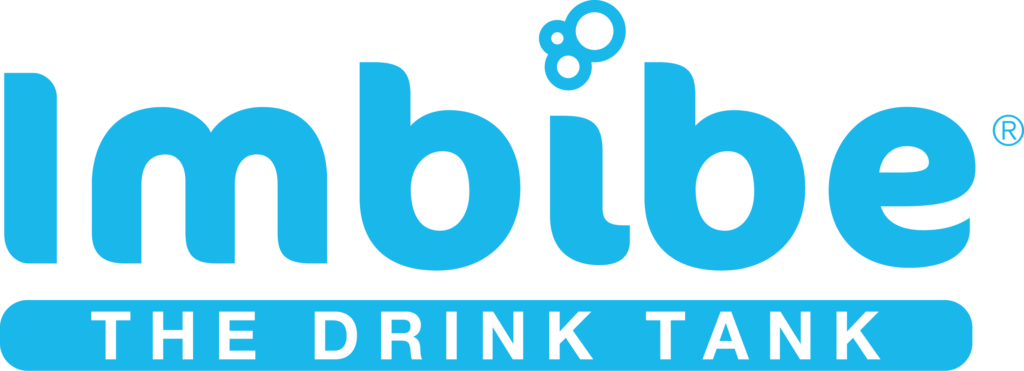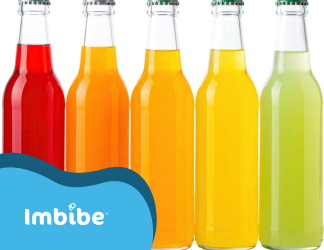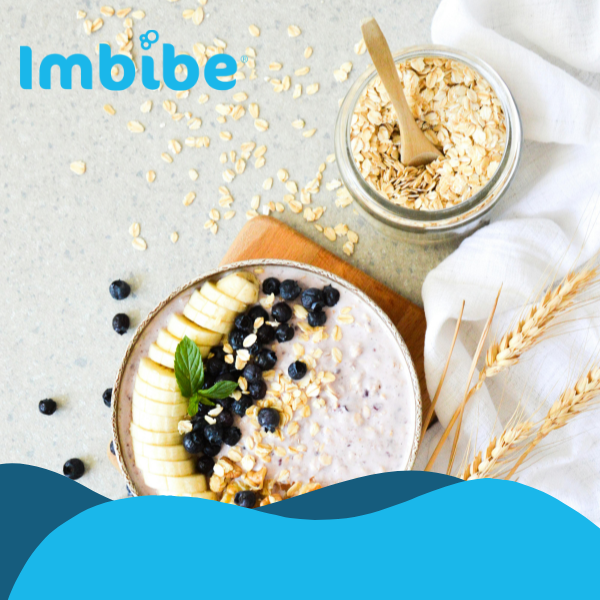Solutions for Food and Beverage Manufacturers
The global cocoa market is experiencing unprecedented volatility, with prices reaching historic highs in early 2025. According to recent data, cocoa prices surged to over $12,000 per metric ton in December 2024—a staggering increase from approximately $2,000 in 2022. This dramatic price escalation has sent shockwaves through the food and beverage industry, forcing manufacturers to rethink their procurement strategies and product formulations.
Understanding the Cocoa Supply Challenge
The current crisis stems from multiple factors affecting key producing regions. Global cocoa production declined by approximately 14% in the 2023-24 season, falling to 4.2 million metric tons. This reduction is primarily attributable to poor weather conditions and crop diseases in West Africa, particularly Côte d’Ivoire and Ghana, which together supply nearly 60% of the world’s cocoa. The Cacao Swollen Shoot Virus has devastated plantations, while climate change continues to disrupt growing conditions across the region.
Financial Impact on Manufacturers
Major industry players are feeling the pressure. Mondelēz International has warned that higher cocoa prices could lower its adjusted earnings per share by approximately 10% in 2025. Similarly, Hershey anticipates significant challenges throughout the year as costs remain elevated. For smaller manufacturers, these price increases present an even greater threat to profitability and market position.
Viable Cocoa Alternatives for Product Developers
Food and beverage manufacturers are increasingly turning to cocoa substitutes to maintain product quality while controlling costs. Carob powder offers a naturally sweet flavor profile and can replace cocoa at a 1:1 ratio in many applications. This alternative has gained traction for its clean label appeal and similar appearance to cocoa but without stimulants like caffeine or theobromine.
Raw cacao powder provides another direct 1:1 substitute option with bold, earthy flavors. For manufacturers seeking to reduce rather than replace cocoa, adjusting formulations with emulsifiers and expertly crafted flavors can allow for decreased cocoa content while maintaining product integrity. Some companies are exploring innovative alternatives like fermented oats and sunflower seed derivatives that mimic chocolate characteristics without cocoa content.
Strategic Procurement Approaches
Procurement professionals should consider diversifying suppliers beyond West Africa to regions like Latin America (Brazil, Ecuador, Colombia) and Asia (Indonesia). Implementing hedging strategies and forward contracts can help stabilize costs during market volatility. Many manufacturers are finding success with hybrid solutions—combining reduced cocoa content with strategic replacements while maintaining product quality and consumer acceptance.
Future Outlook
While supply conditions may improve in the 2024-25 season, particularly in Côte d’Ivoire where favorable weather could boost production by up to 17%, prices are expected to remain elevated. Forward-thinking companies are developing long-term strategies rather than temporary fixes, recognizing that sustained adaptation will be necessary in an increasingly unpredictable cocoa market.
For food and beverage manufacturers, balancing cost control with product quality and consumer expectations will remain the central challenge as they navigate this unprecedented cocoa crisis. Looking to develop new cocoa products or optimize existing formulas? Imbibe’s experts can help. We provide custom formulation and innovative ingredients. lower its adjusted earnings per share for a consultation.



